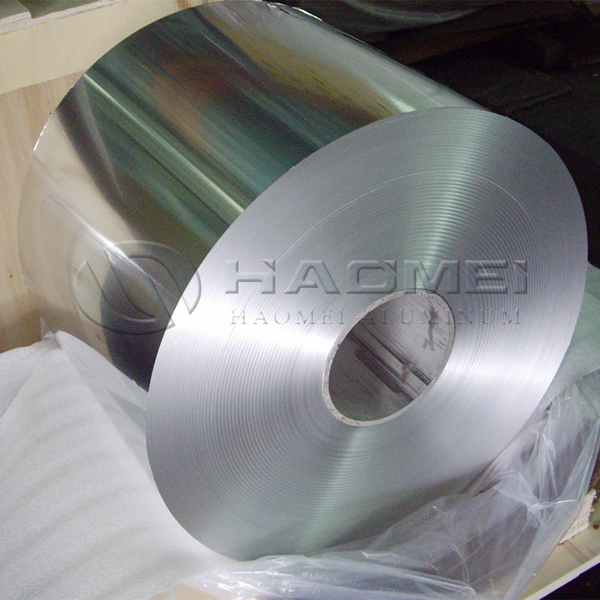Aluminium kitchen foil is produced by rolling aluminum through a continuous mill which makes the aluminum thinner and longer.Thick aluminium foil reduced through this process and the aluminum product is wound into a coil at the end of the production line. These coils are then cold rolled in cold rolling mills. The coils can be heated in a furnace to soften it for further cold rolling or to produce the mechanical properties desired.

Aluminum aluminium kitchen foil sheet is made from an aluminum alloy which contains between 92 and 99 percent aluminum. Usually between 0.00017 and 0.0059 inches thick, foil is produced in many widths and strengths for literally hundreds of applications. It is used to manufacture thermal insulation for the construction industry, fin stock for air conditioners, electrical coils for transformers, capacitors for radios and televisions, insulation for storage tanks, decorative products, and containers and packaging. The popularity of aluminum foil for so many applications is due to several major advantages, one of the foremost being that the raw materials necessary for its manufacture are plentiful. Aluminum foil is inexpensive, durable, non-toxic, and greaseproof. In addition, it resists chemical attack and provides excellent electrical and non-magnetic shielding.
Aluminum foil, an everyday item used to keep food safe in the kitchen, is possibly the thinnest material in your home. Manufacturers of aluminum foil often provide the width and length of the foil roll on the package, but the thick aluminium foil sheet is often not advertised or displayed.
For some aluminum sheet products. cold rolling is the last step in the process. However, other types of aluminum sheet require more processing. In this case, they go through further elevated temperature processing in order to increase their strength.
Learn more about all alu foils assortment of aluminum sheet, or contact us(Email:[email protected]) if you’d like more information about our aluminum sheet and foil products.



